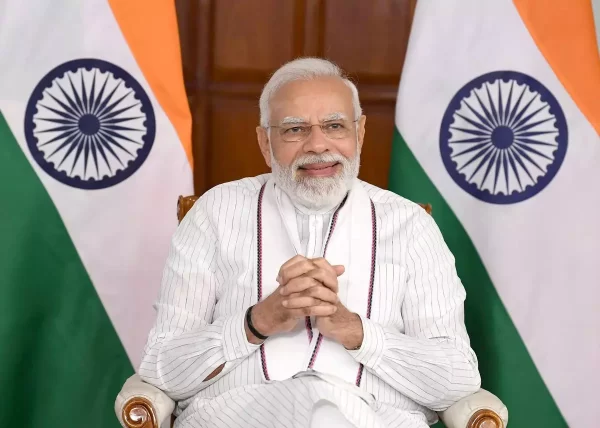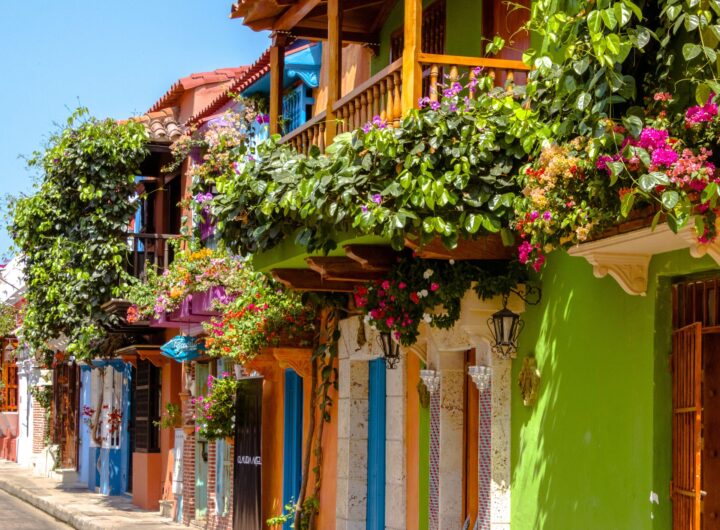Just as the troubling Delta variant was spreading through the US, Charis Hill got a worrying call from their doctor.
The medications Hill takes to treat their spondylitis affect their system , and that they knew the Covid-19 vaccine won’t work also for them because it does for others. So weeks after their second shot, they got a test.
‘This may be a personal issue on behalf of me as a daughter of California,’ said Kamala Harris.
Heatwave: Biden and Harris meet western governors as region in emergency
Read more
The results were shocking: “No antibodies were detected in my system,” said Hill, who lives in California. because the remainder of their state celebrated a grand reopening, a jubilant lifting of social distancing rules and mask mandates, Hill went back to isolation.
Across the country, coronavirus death rates have plummeted as more and more Americans who are eligible for the vaccine get inoculated. And research from the united kingdom indicates that the present vaccines are effective against new variants.
Advertisement
But even in states like California, which has one among the very best rates of per capita vaccination within the world, those that don’t want to urge vaccinated, those that can’t, and people like Hill – for whom the vaccines don’t provide adequate protection – remain unprotected against Delta, which researchers believe to be the foremost infectious variant yet. Scientists also are studying whether the variant is deadlier than others, and causes more severe infections. Epidemiologists and other public health experts worry that state and federal policies are leaving the foremost vulnerable behind.
The overwhelming majority of usa citizens now dying of Covid-19 are unvaccinated, public health officials say. And with most Americans eligible for the vaccine, “nearly every death, especially among adults, thanks to Covid-19, is, at now , entirely preventable,” said Rochelle Walensky, director of the Centers for Disease Control and prevention.
As American society adjusts back to pre-pandemic normals, “you’re seeing the multiplication of vulnerabilities,” said Cecília Tomori, an anthropologist and a public-health scholar at Johns Hopkins. The issue, she said, is that the Centers for Disease Control and Prevention, also as state and native governments, have embraced a public health strategy centered on individual responsibility.
While the CDC and native public health agencies have focused on winning over the vaccine hesitant, launching rewards programs and vaccine lotteries, offering free burgers, beers and even college scholarships – immunocompromised Americans and people who are unable to access the vaccine have gotten lost within the mix, Tomori said.
Surveys have indicated that the bulk of unvaccinated Black and Hispanic adults have issues accessing vaccines, or getting day off work to urge inoculated. Many disabled Americans who are homebound haven’t been ready to get themselves to vaccination centers. And many people on immunosuppressive treatments, including people living with Crohn’s disease and other inflammatory conditions, those undergoing chemotherapy and up to date recipients of organ transplants – might not derive protection from Covid-19 vaccines albeit they get them.
Announcements doing away with indoor mask requirements in grocery stores and pharmacies and lifting social distancing requirements publicly places send the message that those that aren’t ready to get vaccinated are expendable, Tomori added. The result, she said, may be a “survival of the fittest” mentality.
“We’re creating a situation where people that are immunocompromised, who are disabled, who are elderly, and who won’t have mounted a robust immune reaction to the vaccine are unable to access public spaces out of fear,” said Rebecca Fielding-Miller, an epidemiologist at the University of California, San Diego. “And I don’t think that’s specialized public health.”
Although unvaccinated people within the US are now less likely to encounter infectious people as case numbers drop, their odds now of catching Covid-19 upon crossing paths with someone who is carrying the Delta or another especially contagious variant are now above they were last year. And while she understands the psychological state tolls of living in total isolation, and therefore the got to return to social life and faculty , Fielding-Miller said she doesn’t see why officials must adhere to an all or nothing approach – lifting all restrictions. The approach has left many immunocompromised people even more isolated now than they were at the height of the pandemic.
Denise Reich, a writer based in l. a. , said that as someone who features a primary immune deficiency, it’s unknown what proportion the Pfizer vaccine she received will protect her against infection – or if it’ll in the least . Right before the state lifted most coronavirus restrictions, she did start to feel a touch safer – people were still wearing masks, and more and more were getting vaccinated. She walked around a garden, and browsed a store.
“But once the restrictions were lifted – the fantasy that things would start getting safer on behalf of me went out the window,” she said. Pictures of friends attending parties and visiting theme parks have made her feel overlooked , she said. The virtual events she relied on last year to remain connected have now mostly been cancelled in favor of in-person gatherings. “I actually feel far more alienated now than I did at the start of the pandemic,” she said.
“It’s probably not right to mention , ‘You had cancer, then I’m sorry you can’t participate in society anymore – the remainder folks got to advance ,’” Fielding-Miller said. “We got to balance our desire to urge back to a traditional state considerately for who’s being left behind or harmed.”
It’s simple enough, she said, to permit the economy to reopen while keeping indoor mask requirements in situ . “Masking is very easy to try to to – and it’s so hugely effective,” she said.
On Tuesday, health officials in l. a. county issued a recommendation that everybody , no matter vaccination status, wear masks indoors. “Until we better understand how and to who the Delta variant is spreading, everyone should specialise in maximum protection,” LA’s health department said.
Enacting flexible leave and work-from-home policies for those that are unable to urge vaccinated would go an extended way also , Fielding-Miller said. Ultimately, protecting the foremost vulnerable also will protect society more broadly, she said. Each new infection may be a new opportunity for the virus to mutate and make new, even more troubling variants – ones that would , at some point, evade existing vaccines.
For Hill, California’s reopening on 15 June was the beginning of a second, personal lockdown – it’s unsafe for them to travel to the grocery , or picnics within the park, or Fourth of July barbecues. “It’s really a repeat of last March, for me,” they said.
This article was amended on 1 July 2021 to clarify that the Delta variant wasn’t first detected within the UK.

 Elon musk pay 11 billion in taxes
Elon musk pay 11 billion in taxes  PM Modi India plans to launch 5g services soon
PM Modi India plans to launch 5g services soon  WORLD’S MOST BEAUTIFUL CITIES
WORLD’S MOST BEAUTIFUL CITIES